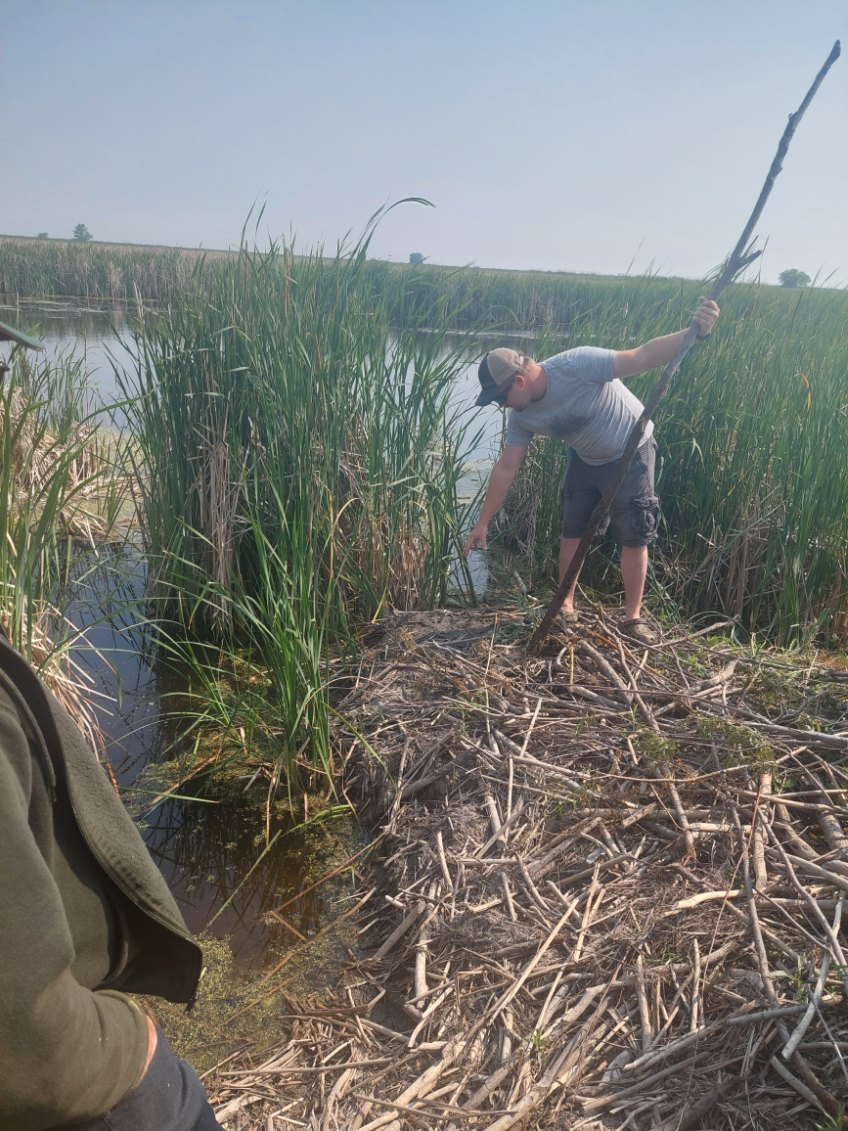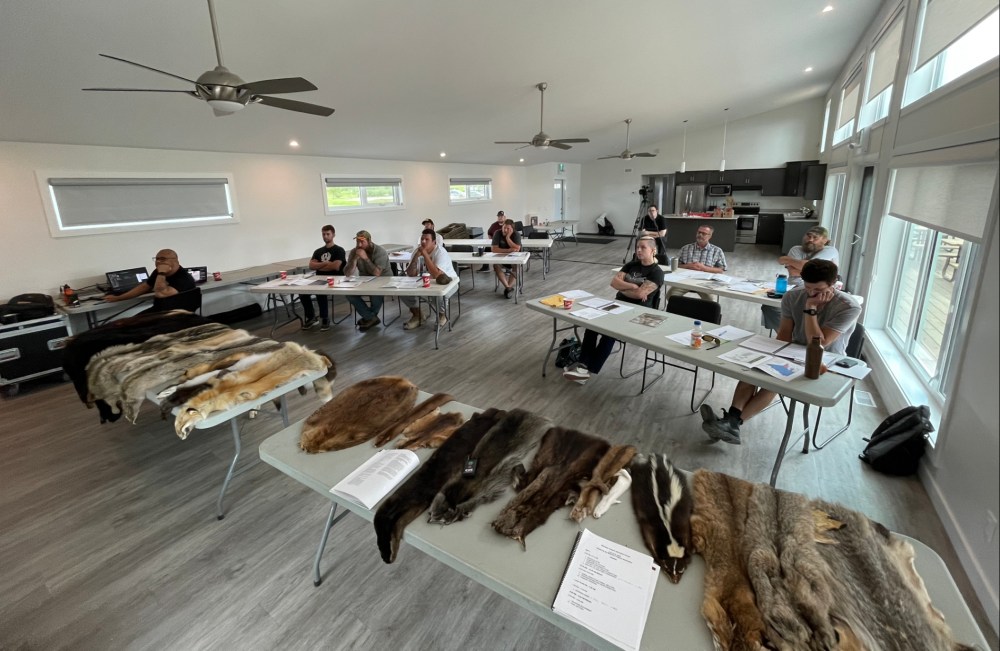Trapper’s course offered in La Broquerie
Advertisement
Hey there, time traveller!
This article was published 29/10/2023 (548 days ago), so information in it may no longer be current.
A trapper’s course is being offered in La Broquerie next month as a way of teaching responsible wildlife management and extending the outdoor season.
“Trapping is something that we definitely recommend people at least give it a try. All of our courses are oriented to people who are new to trapping and never set a trap in their life. We’re going to teach you the ground rules and what to do to get yourself out there and actually catching something,” said instructor Kyle McCosh.
The course will touch on such topics as history of the fur trade, biology of animals, animal rights, humane trapping, ethics, animal welfare, trap setting, fur marketing and grading, and a trapper’s guide.

Up Here reports that there are more than 70,000 licensed trappers in Canada. In Manitoba there are more than 8,000 trappers with its wild fur industry earning $4 million annually.
Last year, 3,662 licenses were handed out in Manitoba according to the Manitoba Trappers guide. That number doesn’t include Indigenous trappers who are not required to purchase a license. A registered trapline permit costs $15 while a resident licence costs $10.
According to the Fur Harvesters Auction in May 2023 squirrel pelts went for $0.10 compared to a polar bear pelt which went for $3,400.
“We teach this in the course as well about furbearer primeness, and when is the best time (in) the winter is for harvesting the animals. Unfortunately, right now with many global issues, the fur market is not high, different furs are different values based on size, quality, colour, etc.,” said McCosh.
McCosh recommends people take a trapper’s course before taking the exam because it gives you a rundown of the rules and regulations to the hands-on experience of setting traps and how to skin and prepare animals for market.
“There’s a lot of good information that comes in our courses especially if you’re somebody new to trapping. It gives you a really good chance to talk to guys that have experience, ask them what works, ask them for tips and tricks. Another big focus on the course is teaching humane and ethical trapping. The laws of trapping are pretty straight forward, but there’s a lot of grey areas. Teaching people that just because by law we can do it doesn’t mean we should.”
One example of doing something legal, but not smart was a trapper who placed a trap near a walking trail in a provincial park. A dog got caught in the trap and now no one can trap in provincial parks.
McCosh said trappers are stewards of the land and do a lot for conservation by donating to wildlife organizations that work to conserve animals and habitat and with wildlife education. He said trappers do a lot more for wildlife than animal rights groups.

“Primarily though, I guess a question that we always broach in our courses is, when was the last time you saw someone from PETA out dealing with a coyote with toxic mange and freezing to death in the winter. When was the last time you saw any animal rights group out there handling a coyote or wolf problem where they’re killing newborn baby calves or sheep. A lot of it is not even monetary what trappers do a lot of its physical action.
“Wildlife populations, whether people want to agree with it or not, need to be kept at manageable levels because when they’re not, disease breaks out and that disease, which is a nasty way to die, spreads through a population very quickly.”
McCosh said municipalities and farmers consistently use trappers for control of beavers, coyotes and wolves. He noted the Manitoba Trapper’s Association also runs a problem predator program, which gives agriculture producers access to a predator specialist following the predator killing or attacking their livestock.
“This is in effect for coyotes, wolves and foxes,” he said.
The trappers course will run on Nov. 4 and 5 at the HyLife Centre in La Broquerie from 9 a.m. to 4 p.m. Those who are 18 years old and older pay a fee of $100 and those 12 to 17 can take the course for free. To register for the course call 204-739-2624.
